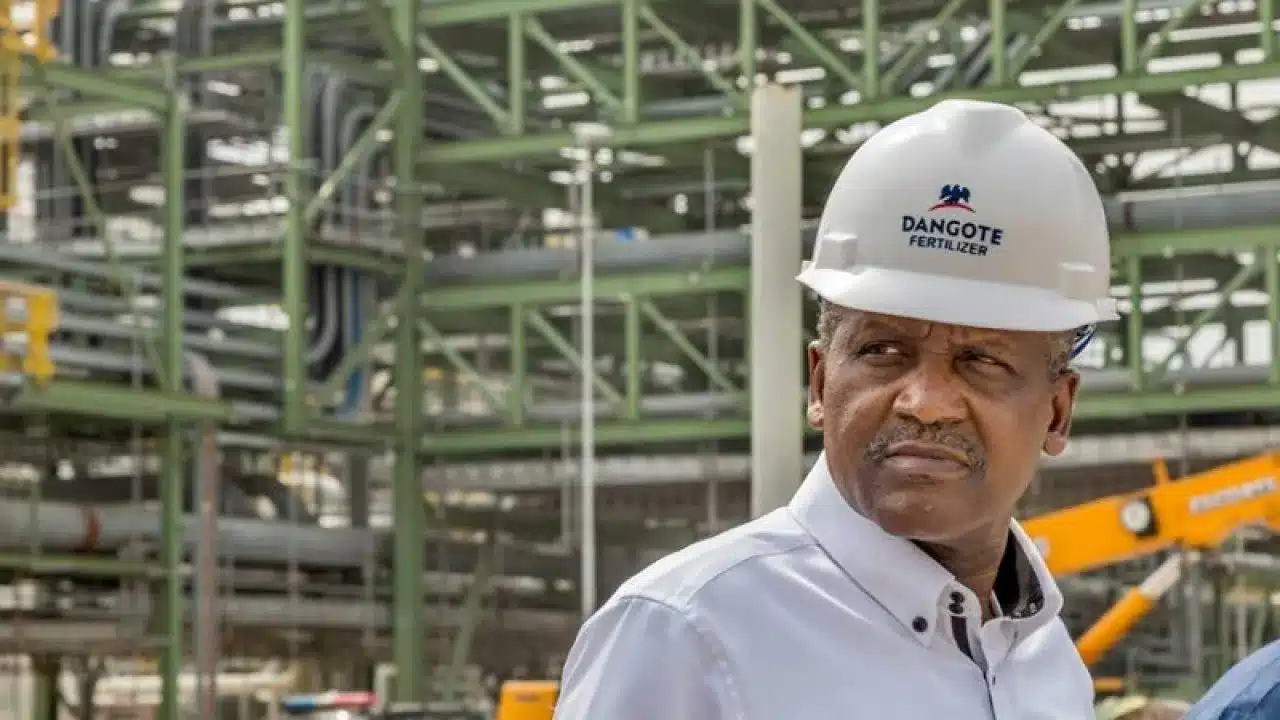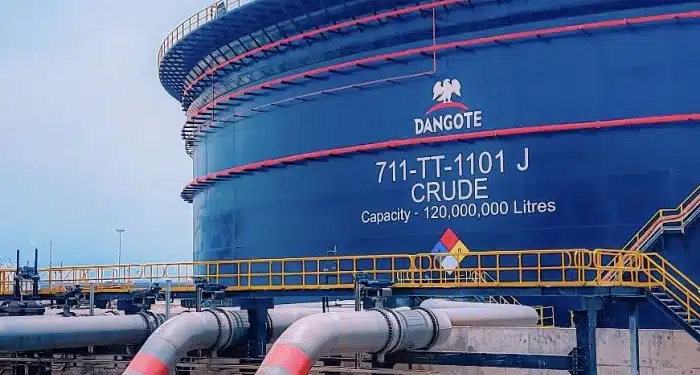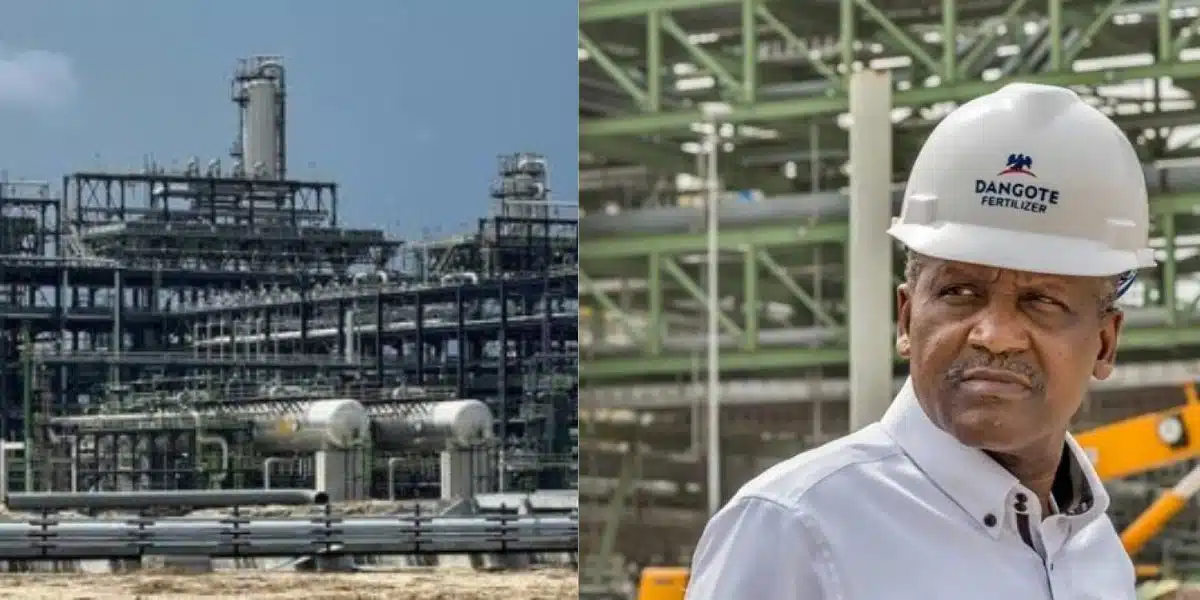The recent dispute over the Nigerian National Petroleum Company Limited’s (NNPCL) involvement in setting gas rates at the Dangote Refinery has been resolved by the Nigerian Midstream and Downstream Petroleum Regulatory Authority (NMDPRA).
The NMDPRA maintains that the price structure is determined by market forces, refuting claims that NNPCL is infringing on its regulatory authority.
Speaking on the subject, Engineer Farouk Ahmed, the Chief Executive Officer of NMDPRA, said that the pricing model adheres to the guidelines set down in the Petroleum Industry Act (PIA) of 2021, which deregulates the industry. Eyes Of Lagos reports,

Ahmed claims that the country’s gasoline prices are now set by market forces rather than by government agencies, and that the most recent agreement between NNPCL and the Dangote Refinery is based on the principle of “willing buyer, willing seller.”
In response to the worries expressed by industry participants, Ahmed underlined that the goal of NMDPRA is to make sure that no organization takes advantage of the market or customers.
Additionally, he clarified that other marketers are allowed to set their own rates; the pump price template, which was recently released by NNPCL and set gasoline prices at ₦1,019.22 per litre in Borno and ₦950.22 per litre in Lagos, was only for NNPCL’s outlets.

The clarification came after speculations that NNPCL had overstepped its authority by taking over a core function of NMDPRA in setting prices.
However, Ahmed downplayed the controversy, stressing that the NNPCL’s pricing was in line with the free-market system now in place, and not a regulatory imposition.
In a discussion with Daily Trust, Ahmed explained that the higher prices are due to supply constraints and the limited number of market participants.
He noted that with more entrants into the sector, pricing would stabilize, adding that expecting government regulation in a deregulated market would only lead to further challenges.
Ahmed said, “We try to restrain ourselves from needless controversy. But to put the record straight, the recent transaction between NNPCL and Dangote Refinery is strictly based on a willing buyer and a willing seller.
“But I know you will ask me that the supply is not sufficient in Nigeria, hence the high price. Of course, things would work fine when we have more players in the sector.
“But in a situation whereby some Nigerians expect us to regulate the price, it then means that the sector has not been deregulated; and it means we would continue to have problems.”





